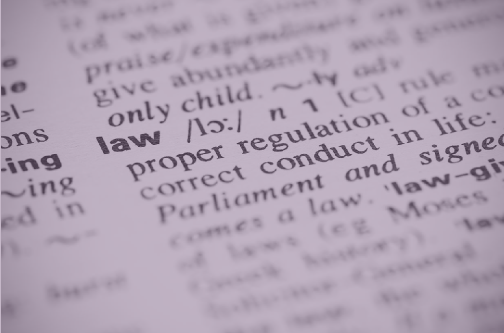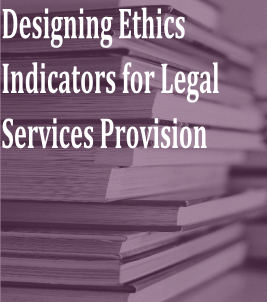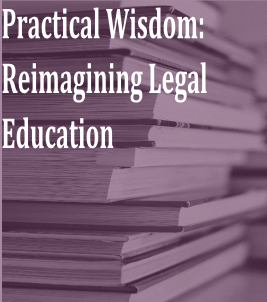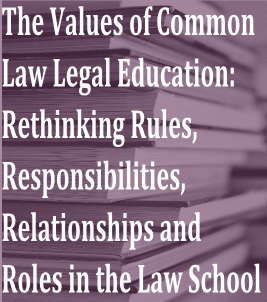![]()
The dominant normative theories in legal ethics are deontological theories (e.g. Kantian ethics) and consequentialist theories (e.g. Benthamite utilitarianism). Deontological theories emphasise the place of fundamental principles or rules which act as means of guiding behaviour and which form the basis of assessing whether an action is ‘right’.

A weakness of this approach is the impossibility of creating codes of conduct which are sufficiently detailed to cover every eventuality. In consequentialist theories, the rightness of an action is determined by its outcome, which, in terms of Bentham’s utilitarianism, is concerned with assessing ‘the greatest good for the greatest number’. Among its limitations are the practical difficulties of how utility is measured and the risk that it supports ‘a tyranny of the majority’, perhaps leading to undue victimisation of individuals.
In this unit, you will learn how virtue ethics, a credible alternative to these theories, can be applied to the practice of law. In doing so, you will explore some of the recent scandals connected to the legal profession, and consider the implications for being or becoming a virtuous lawyer. You will also be presented with some ethical dilemmas that you might face when practising law, and be asked to think about how you might respond.
Watch this video where Philip Drake gives an introduction to the unit and explains some of the activities within it.
![]()
![]()
Review the 24 personal character strengths as listed in the VIA Survey of Character Strengths and download and complete the worksheet. Select the character strengths which you feel are most important for the different professions listed.
![]()
Richard Moorhead, Victoria Hinchly, Christine Parker, David Kershaw, Soren Holm. – This text discusses how empirical research can be used to track ethics across a legal services market, including both professional and non-professional providers. The paper emphasises three dimensions (the ‘3Cs’): character, context and capacities. | Daisy Hurst Floyd – This article proposes that we conceive of the purpose of ethical formation as developing lawyers who can exercise practical wisdom. It suggests that a focus on ethical formation requires the consideration of not just what lawyers should know and what they should do, but also who they should be in order to live out the best ideals of the profession. | Roger Burridge & Julian Webb – This paper ventures into both well and rather less well charted territory on the relationship between values and “liberal legal education”. It argues that some foundational and long held aspirations for liberal education as a process are, at best, misconceived or overlooked, or, at worst, actively undermined by common law legal education. |







